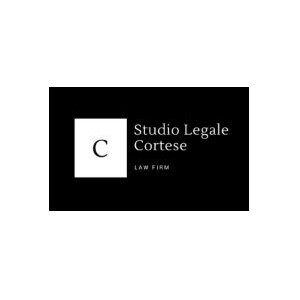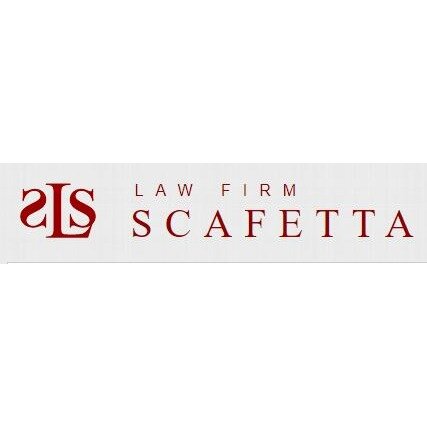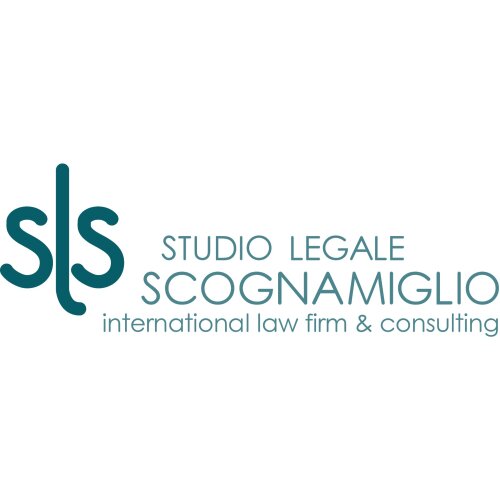Best Commercial Real Estate Lawyers in Naples
Share your needs with us, get contacted by law firms.
Free. Takes 2 min.
Free Guide to Hiring a Real Estate Lawyer
List of the best lawyers in Naples, Italy
About Commercial Real Estate Law in Naples, Italy
Commercial real estate law in Naples, Italy, is a specialized branch of law that deals with properties used for business activities. Naples, being a significant cultural and economic hub in southern Italy, has a vibrant real estate market that includes retail spaces, office buildings, hotels, and industrial properties. The legal landscape is characterized by a mixture of Italian national laws and regional regulations that govern transactions, development, and the use of commercial properties. This legal framework ensures that business operations conducted within the region are well-regulated to promote economic growth while protecting the interests of property owners and tenants.
Why You May Need a Lawyer
Engaging a lawyer in commercial real estate in Naples may be necessary in several situations:
- Property Acquisition: During the purchase or sale of commercial property, legal expertise is necessary to ensure that all contractual obligations are met and that transactions are conducted in compliance with local laws.
- Lease Agreements: Negotiating lease agreements can be complex, and lawyers can help protect your interests whether you are a tenant or a landlord.
- Zoning and Land Use: Navigating zoning laws and obtaining permits can be complicated, requiring a lawyer’s guidance.
- Development Projects: Large construction projects demand meticulous legal oversight related to contracts, permits, and regulations.
- Resolving Disputes: In cases of litigation or disputes over property rights or breach of contract, legal representation is crucial.
Local Laws Overview
Several local laws impact commercial real estate in Naples, Italy:
- Zoning Regulations: These dictate how land can be used and often include restrictions on the types of businesses that can operate in certain areas.
- Building Codes: Compliance with local building codes is essential for the safety and legality of commercial properties.
- Environmental Regulations: Laws concerning waste management and environmental protection can impact commercial real estate operations.
- Tenant Laws: These safeguard the rights of tenants and landlords, influencing lease terms and rental agreements.
- Taxation: Property taxes and associated fees are significant considerations in commercial real estate endeavors.
Frequently Asked Questions
What is the process for buying commercial property in Naples?
The process involves finding a suitable property, negotiating a purchase agreement, conducting due diligence, and closing the purchase. Engaging a real estate lawyer can help you navigate each step to ensure compliance with Italian and local laws.
How can I check if a commercial property is zoned correctly for my business?
You can check zoning requirements through the local municipal office or consult a real estate lawyer who can interpret zoning laws and advise whether a property meets your needs.
Is it necessary to perform a property inspection before purchasing?
Yes, it's advisable to conduct a thorough inspection to identify potential issues with the property and its compliance with local building codes and structural integrity.
What should be included in a commercial lease agreement?
A commercial lease agreement should cover the rental term, payment terms, responsibilities for maintenance, conditions for lease renewal or termination, and any specific arrangements between the landlord and tenant.
What are common real estate taxes applicable in Naples?
Common taxes include property taxes, registration taxes, and VAT, depending on the transaction type and specific conditions of the property.
How can disputes between landlords and tenants be resolved?
Disputes are often resolved through mediation, arbitration, or legal proceedings. Legal representation is important to navigate these processes effectively.
What are the steps in obtaining a building permit for commercial renovation?
To obtain a permit, you must submit detailed plans and specifications to the local planning department, comply with zoning laws and building codes, and sometimes attend hearings or consultations with local authorities.
Can foreign investors buy commercial real estate in Naples?
Yes, foreign investors can purchase commercial real estate in Naples, though they must comply with Italian legal requirements and taxation, often necessitating legal guidance.
How do I assess the market value of a commercial property in Naples?
This can be achieved through professional property appraisals, comparing similar properties, and market research. A real estate lawyer can recommend reliable evaluators or appraisers.
Are there incentives for developing commercial real estate in Naples?
Various local and national incentives may be available, such as tax breaks, grants, or subsidies for development projects that align with economic or urban planning goals. A lawyer can provide guidance on eligibility and application processes.
Additional Resources
Consider these resources for further assistance:
- Chamber of Commerce Naples: Offers resources and advice for businesses and real estate investments.
- Italian Revenue Agency: Provides information on real estate taxes and financial regulations.
- Local Real Estate Associations: These can provide guidance and networking opportunities for businesses in real estate.
Next Steps
If you require legal assistance in commercial real estate in Naples, the first step is to consult with a qualified lawyer specialized in this field. You can seek recommendations from local business networks or contact legal associations for vetted professionals. Prepare necessary documents and information to streamline your consultations, and evaluate different legal services to find one that suits your needs. Engaging with a lawyer early can help mitigate risks and ensure smooth transactions or dispute resolutions.
Lawzana helps you find the best lawyers and law firms in Naples through a curated and pre-screened list of qualified legal professionals. Our platform offers rankings and detailed profiles of attorneys and law firms, allowing you to compare based on practice areas, including Commercial Real Estate, experience, and client feedback.
Each profile includes a description of the firm's areas of practice, client reviews, team members and partners, year of establishment, spoken languages, office locations, contact information, social media presence, and any published articles or resources. Most firms on our platform speak English and are experienced in both local and international legal matters.
Get a quote from top-rated law firms in Naples, Italy — quickly, securely, and without unnecessary hassle.
Disclaimer:
The information provided on this page is for general informational purposes only and does not constitute legal advice. While we strive to ensure the accuracy and relevance of the content, legal information may change over time, and interpretations of the law can vary. You should always consult with a qualified legal professional for advice specific to your situation.
We disclaim all liability for actions taken or not taken based on the content of this page. If you believe any information is incorrect or outdated, please contact us, and we will review and update it where appropriate.













